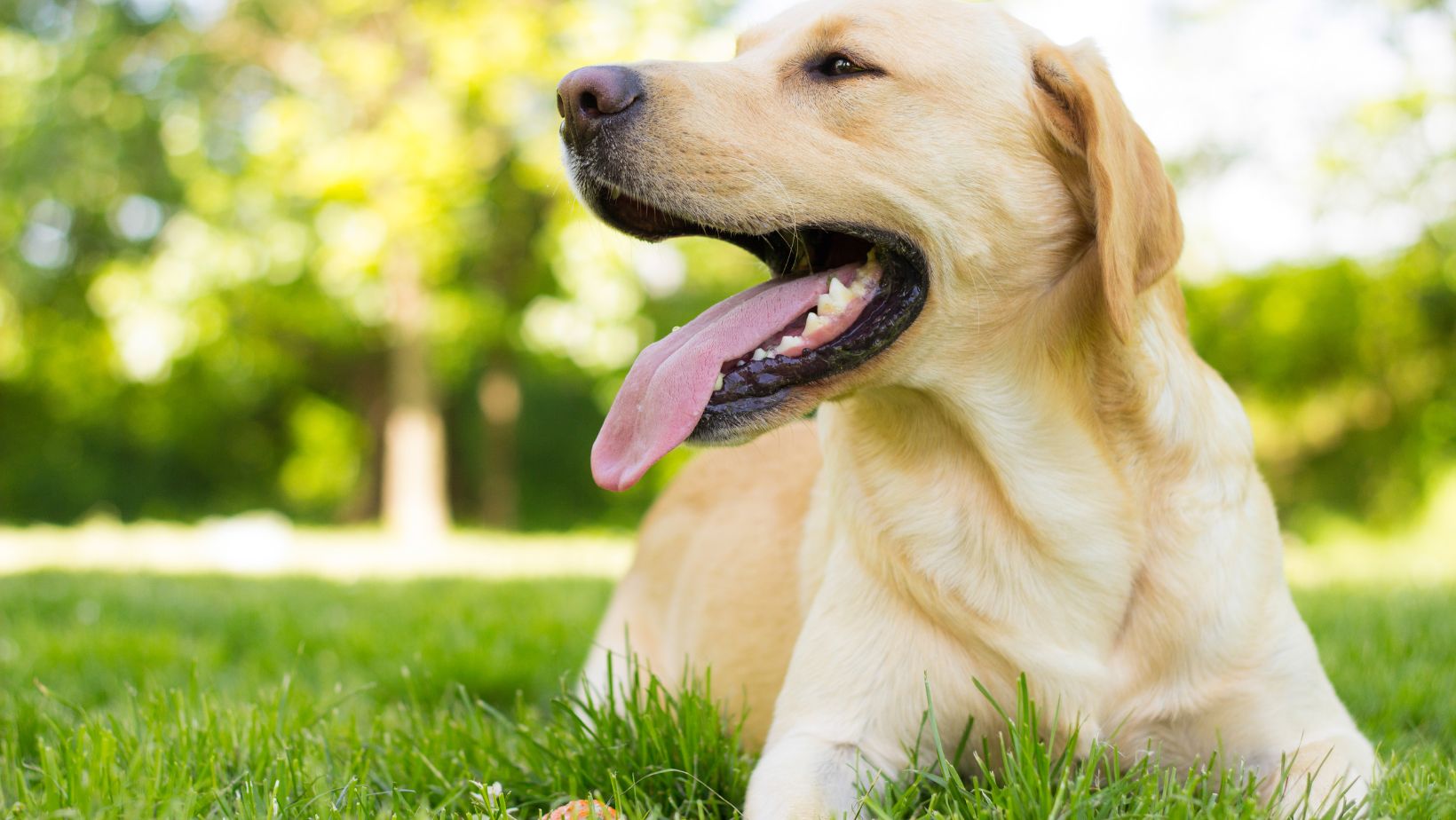Why Is My Dog Howling
If you find yourself wondering, “Why is my Labrador howling?” you’ve come to the right place. Howling is a behavior commonly associated with certain dog breeds, including Labradors. While it may seem puzzling at first, there are several reasons why your furry friend might be expressing themselves through this vocalization.
One possible explanation for a Labrador’s howling is communication. Dogs, like their ancestors the wolves, use howling as a way to communicate with other pack members or even with their human family. Your Labrador may be trying to get your attention or signal that they need something, such as food, water, or even wanting to go outside.
Another reason behind your Labrador’s howling could be boredom or loneliness. Labradors are social animals and thrive on companionship and mental stimulation. If they’re feeling bored or lonely, they might resort to howling as a way of seeking interaction or expressing their frustration.
Understanding the Instinctual Behavior of Howling in Dogs
When it comes to our furry friends, there are times when their behavior can leave us scratching our heads. One perplexing behavior that many dog owners may encounter is howling. So, why does your Labrador or any other breed of dog howl? Let’s delve into the instinctual nature behind this vocalization and shed some light on this fascinating behavior.
- Communication: Howling is a form of communication for dogs. In the wild, wolves and other canids utilize howling as a way to communicate with their pack members over long distances. Domesticated dogs have inherited this instinct from their ancestors and may resort to howling to convey various messages such as alerting others of danger, expressing loneliness or separation anxiety, or simply trying to locate their pack members.
- Emotional Expression: Dogs are highly emotional creatures, and they often use different vocalizations to express their emotions. Howling can be a way for them to release pent-up energy, frustration, or even excitement. For example, if your Labrador sees something intriguing like a squirrel running up a tree outside the window, they may let out a few enthusiastic howls in response.
- Environmental Triggers: Certain environmental triggers can also prompt dogs to start howling. These triggers vary from one dog to another but can include hearing sirens or musical instruments playing nearby, responding to other dogs’ howls in the neighborhood (which might create an exciting “concert” effect), or even reacting to certain pitches or frequencies that resonate with them on a deeper level.
- Breed-Specific Traits: It’s important to note that some breeds are more prone to howl than others due to genetic predispositions or specific traits ingrained through selective breeding over generations. Breeds such as Huskies and Malamutes have strong ancestral ties with wolves and tend to be more vocal overall compared to other breeds like Labradors, who typically have a calmer demeanor. However, individual dogs within any breed can still exhibit howling behavior.
Remember, while howling can sometimes be a normal part of a dog’s behavior, excessive or persistent howling may indicate an underlying issue that needs attention. If your Labrador suddenly starts howling excessively without apparent reasons or shows signs of distress, it’s essential to consult with a veterinarian or professional dog behaviorist to rule out any physical or emotional problems.
Common Reasons Why Dogs Howl and What They Mean
When it comes to our beloved furry friends, dogs, have you ever wondered why they howl? Well, there are several common reasons behind this behavior that can provide some insight into what they may be trying to communicate. Let’s delve into the world of dog howling and explore what it could mean.
- Communication and Expression: One of the primary reasons why dogs howl is for communication purposes. Just like humans use words or gestures to convey their feelings, dogs use vocalization as a means of expressing themselves. For example, a Labrador might howl when they feel lonely or anxious, hoping to grab the attention of their human companions. It’s their way of saying, “Hey, I need some company!” So next time you hear your Labrador letting out a melodious howl, consider spending some quality time together.
- Seeking Attention: Dogs are social creatures and crave interaction with their loved ones. When they feel neglected or want something from their owners (like food or playtime), they may resort to howling as a way of grabbing attention. So if your Labrador starts serenading you with his soulful vocals while you’re engrossed in work or watching TV, he’s probably just seeking your undivided attention.
- Separation Anxiety: Another reason why dogs may let out sorrowful howls is separation anxiety. Labs are known for being affectionate and forming strong bonds with their families. When left alone for extended periods, especially if not used to it from an early age, Labradors can become distressed and exhibit signs of separation anxiety through excessive barking or long bouts of howling.
- Alerting and Guarding Instincts: Ever heard your Labrador let out a series of sharp and loud howls at night? This could be due to their natural guarding instincts kicking in when they sense potential threats or unfamiliar noises. Dogs have an acute sense of hearing and are often more attuned to sounds than humans. So, when your Labrador goes into “alert mode” and starts howling, it’s their way of warning you or protecting their territory.
- Medical Issues: While less common, it’s worth mentioning that dogs may also howl due to medical issues or pain. If your Labrador suddenly starts howling excessively without any apparent reason or change in behavior, it’s essential to consult a veterinarian for a thorough examination. They can rule out any underlying health concerns that might be causing discomfort or distress.
Understanding why your Labrador is howling is crucial in addressing their needs and ensuring their well-being. By recognizing these common reasons behind dog howling, you can better respond to their communication and provide the necessary attention, comfort, or assistance they require.
